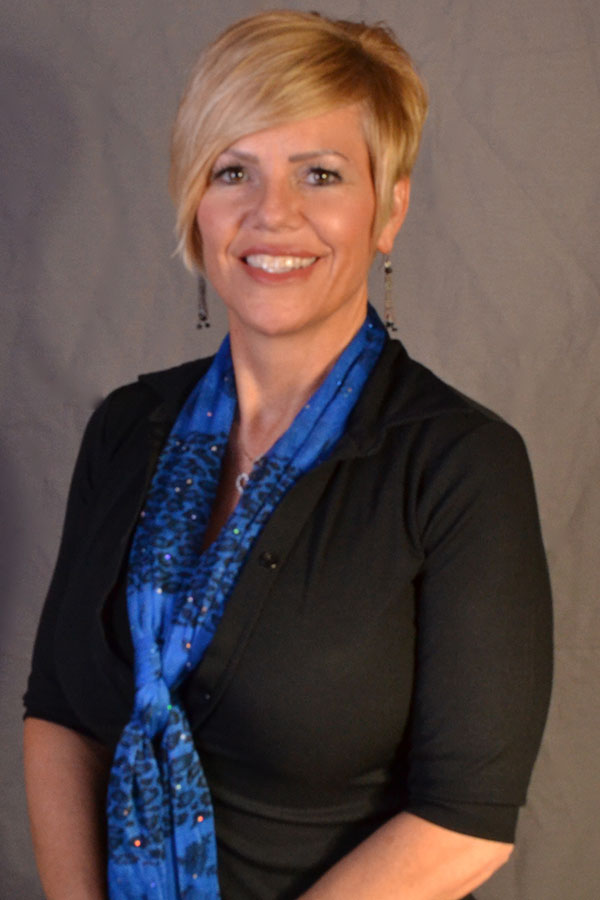National Suicide Prevention Month
What is it?
September is the month designated to draw awareness and attention to major public health concern of suicide. Suicide is among the leading causes of death in the US. Over the past 20 years, suicide rates have been on the rise in every state in the US but Nevada, according to the CDC. In 2017, the CDC found there were more than twice as many suicides in the US as there were homicides. Millions of others have serious thoughts of suicide, have made plans or have attempted to end their life. The American Association for Suicide estimates, based on information from 2016, there’s a suicide attempt every 28 seconds.
What You Can Do?
Although there’s no single cause of suicide, one of the risk factors is social isolation. Reach out to people, engage them in conversation, help them know they aren’t alone. Steps we can all take to assist those in crisis:
- Ask direct questions. Ask directly if they are thinking about suicide
- Listen to their answers. People with suicidal thoughts often feel alone, so be sure to let them know you care about what they have to say. Acknowledging and talking about suicide may reduce rather than increase suicidal thoughts.
- Do a safety check/keep them safe. Ask the person if they have a plan. Then try removing or disabling things they could harm themselves with such as alcohol, drugs, medications, weapons, sharps and even access to a car.
- Don’t keep a secret/help them connect. Let them know you’ll help them come up with a plan that involves telling a professional who can utilize the many services and resources available to help.
- Stay connected. Staying in touch after a crisis or after being d/c from care can make a difference. Studies show suicide deaths go down when someone follow up with at risk person.
If you know someone in crisis call lifeline 1 800 273 8255 or text the crisis text line (text HELLO to 741741). Both services are free and available 24-7. The deaf and hard of hearing can call via TTY at 1-800-799-4889. All calls are confidential.
If you find yourself struggling with depression or suicidal thoughts, we are here to help. Please consider reaching out to us. We’re in your corner.
Written by,
Kandee Willis, LCPC



